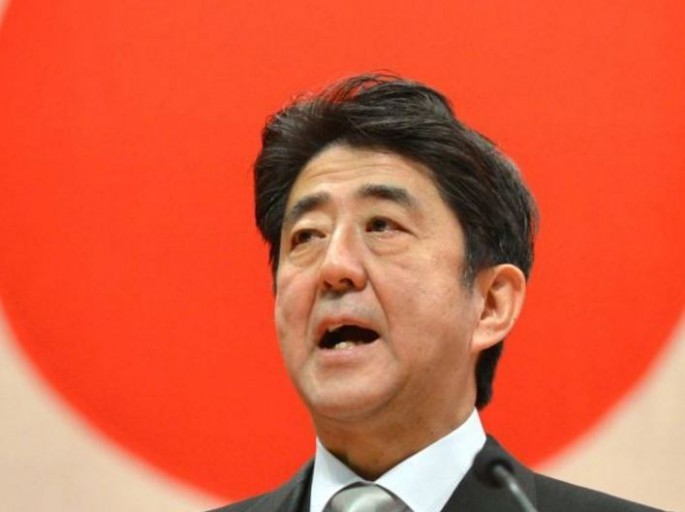Japanese Prime Minister Shinzo Abe said Japan will provide Vietnam with six more patrol boats and will do its part to strengthen the Vietnam Coast Guard (VCG), moves seen as an attempt by Abe to quickly undermine any goodwill generated by China when it hosted Nguyen Phu Trong, General Secretary of the Communist Party of Vietnam Central Committee, last week.
VCG already operates five Teshio-class patrol vessels, each of 500 tons, provided by Japan a few years ago. The boats are used for littoral water patrols.
The six new coastguard patrol boats are valued at $338 million and Vietnam will receive a concessional loan to pay for them.
Abe is now in Vietnam on the last leg of a four-nation Asian tour that has seen him visit Japan's traditional allies -- Australia, Indonesia and the Philippines -- at a time when China holds fast to its illegal claim to own most of the South China Sea despite an international court declaring this claim illegal and void in a decision reached July 12, 2016.
China also lays claim to ownership of Japan's Diaoyu Islands in the East China Sea.
"We will strongly support Vietnam's enhancing its maritime law enforcement capability," said Abe.
He emphasized the dispute over the South China Sea should be settled through talks and in accordance with international law, something which China has refused to do as it has refused to accept as lawful the ruling by the Permanent Court of Arbitration in The Hague.
Maritime security and trade have been the common talking points during Abe's visit to Indonesia, the Philippines and Australia.
The easy access to the six patrol boats comes immediately after Trong's visit to China ended on Jan. 16.
China and Vietnam issued a polite joint communiqué on Trong's final day in China by declaring their intent to manage their maritime differences but without addressing China's occupation of islands in the South China Sea owned by Vietnam.
The forward-looking statement papered over vast differences under diplomatically correct language.
"A candid exchange of views" on maritime issues led both countries to promise to seek basic and long-term solutions they can accept via negotiation. They also agreed to fully and effectively implement the Declaration on the Conduct (DOC) of Parties in the South China Sea, and strive for the early conclusion of a Code of Conduct on the basis of consensus in the framework of the DOC.
Trong was in China for an official visit that lasted from Jan. 12 to 16. He met with President Xi Jinping, who is also General Secretary of the Communist Party of China Central Committee.
During their first meeting, Xi hailed the growth of the all-round strategic cooperative partnership between Vietnam and China, citing progress in friendship, political trust, cooperation and cultural exchanges.
As for their maritime disputes, Xi said both sides must increase communication and consolidate mutual trust to lay a solid political foundation for the settlement of disputes and work together on maritime exploration and cooperation.




























